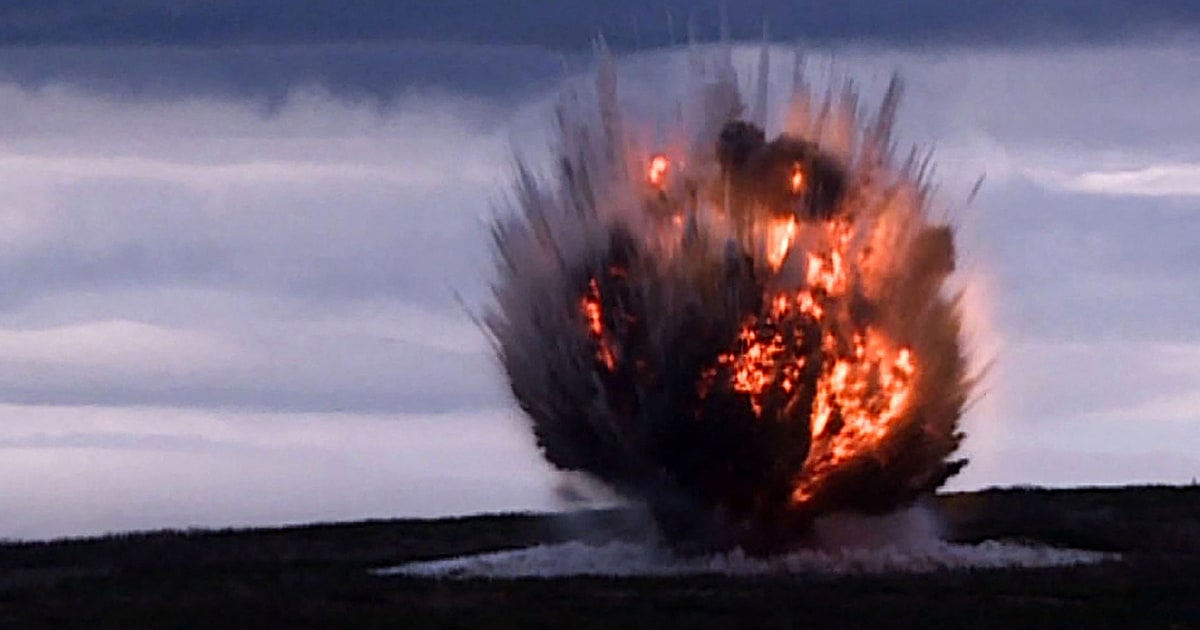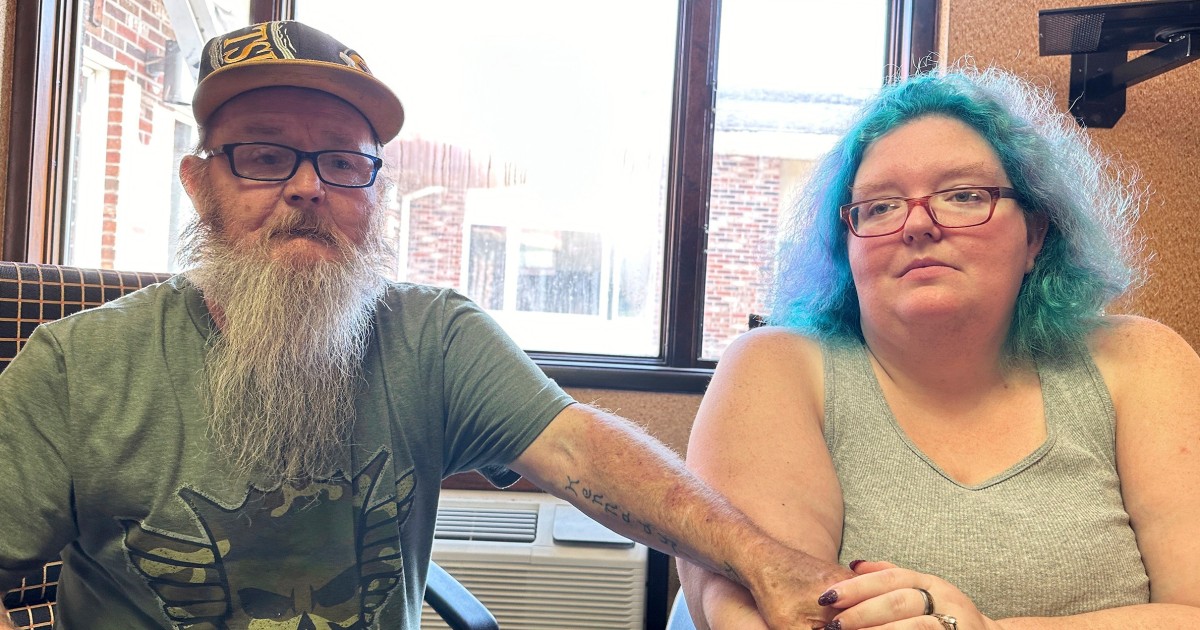California Gov. Gavin Newsom signed two bills Tuesday aimed at protecting actors and other performers from unauthorized use of their digital likenesses.
Introduced in the state Legislature early this year, the bills specify new legal protections — both during performers’ lifetimes and after death — around the digital replication of their image or voice.
Newsom, who governs a state that’s home to the biggest entertainment market in the world, signed them into law amid mounting concern over the impact of artificial intelligence on artists’ labor.
“We talk about California being a state of dreamers and doers. A lot of dreamers come to California, but sometimes they’re not well-represented,” Newsom said in a video shared on social media Tuesday. “And with SAG and this bill I just signed, we’re making sure that no one turns over their name, image and likeness to unscrupulous people without representation or union advocacy.”
He was joined in the video by Fran Drescher, the president of SAG-AFTRA, which represents about 160,000 media professionals. The union has strongly advocated for the new laws, along with other protections for actors and other performers surrounding AI.
Drescher said the legislation could “speak to people all over the world that are feeling threatened by AI.”
“And even though there are smart people that come up with these inventions, I don’t think that they think it all the way through of what will happen when humans don’t have a place to make a living and continue to feed their families,” she said in the video.
One of the laws, AB 2602, protects artists from being bound to contracts that allow the use of their digital voices or images, whether in lieu of their actual work or to train AI.
Such clauses would be considered unfair and against public policy, according to the law, which applies to both past and future contracts. It also requires anyone who has such a contract to notify the other party in writing by Feb. 1 that the clause is no longer valid.
The other law, AB 1836, specifically protects digital likenesses as part of performers’ posthumous right of publicity, a legal right that protects people’s identities from unauthorized commercial use.
It allows the rights holders for deceased personalities to sue if digital replicas of them are used without permission in movies or sound recordings. The rights holders would be entitled to at least $10,000 or the amount of actual damages caused by the unauthorized use, whichever figure is greater.
It’s a change that bolsters performers’ rights in an area that’s already subject to legal conflict. Drake this year pulled a diss track he promoted online that used an AI-generated version of the late Tupac Shakur’s voice after Shakur’s estate threatened to sue him.
The future of generative AI — and how it can be used to replace human work — was a crucial sticking point for actors and writers during last summer’s Hollywood strikes.
At the start of this year, SAG-AFTRA brokered a controversial deal with an AI voice technology company to allow the consensual licensing of digitally replicated voices for video games. In July, Hollywood video game performers voted to strike over continual AI concerns.
In recent years, the likenesses of actors such as Tom Hanks and Scarlett Johansson, along with a slew of fellow celebrities and influencers, have been used in nonconsensual deepfake advertisements.
Many performers and tech companies are also waiting to see whether Newsom will sign a third bill, SB 1047, that would require AI developers to comply with certain safety and security guidelines before they train their AI models.
The legislation has gotten support from SAG-AFTRA, nonprofit advocacy groups and the likes of actor Mark Ruffalo, who posted a video on X last weekend urging Newsom to sign.
“All the big tech companies and billionaire tech boys in Silicon Valley don’t want to see this happen, which should make us all start looking at why immediately,” Ruffalo said in his video. “But AI is about to explode, and in a way that we have no idea what the consequences are.”
.png)
 1 day ago
1
1 day ago
1









 English (US) ·
English (US) ·